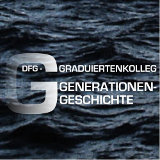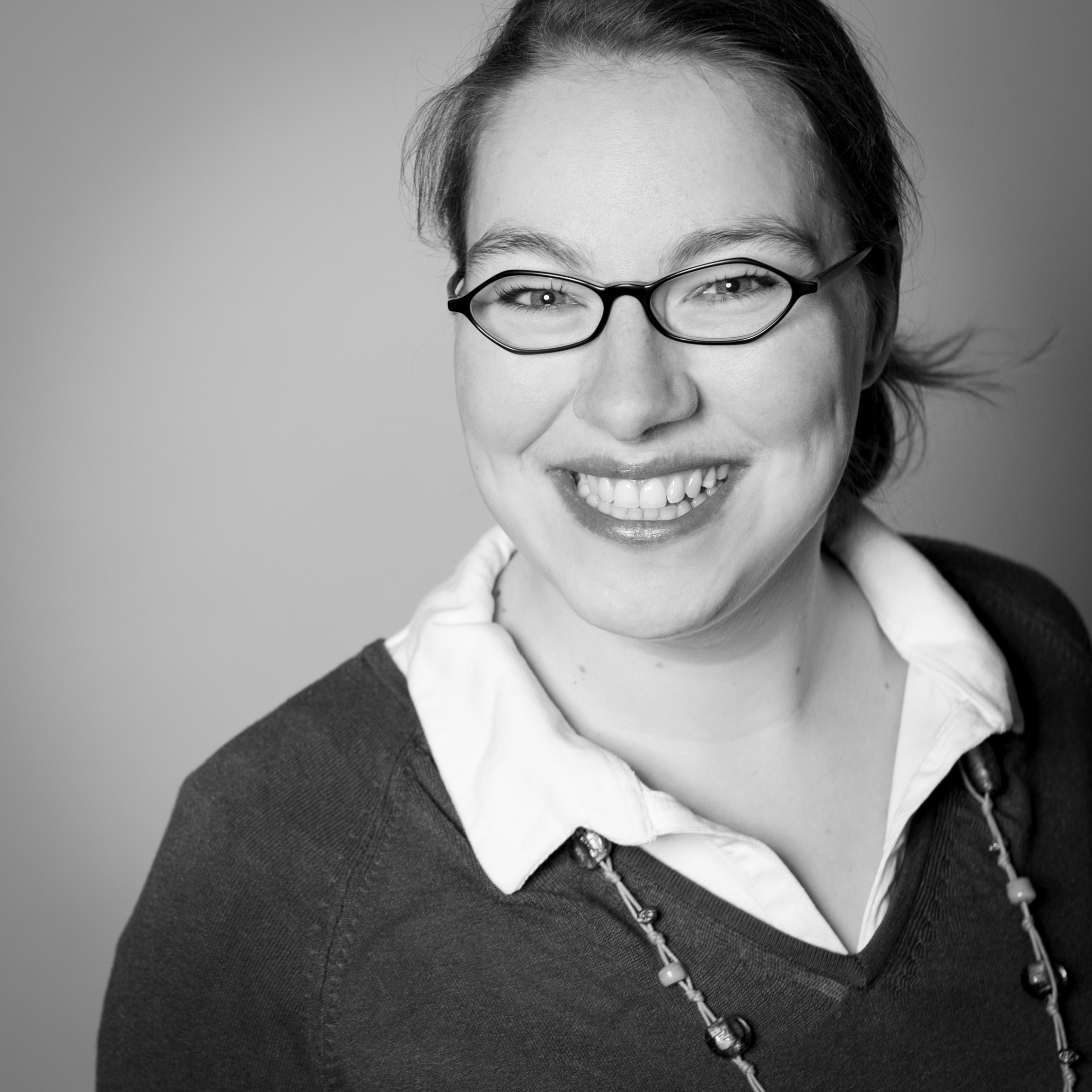Abstract Lisa Peppler
Based on a long history of scientific communication between Turkey and Germany, in the 1960s Turkish doctors/physicians started arriving in the Federal Republic of Germany to complete additional training towards medical specialization. What had initially been planned as a temporary visit for study purposes, often turned into permanent residence, due to the fact that at this time there was a lack of medical specialists in Germany which in turn offered very good chances for establishing medical practices. Today, more than 1.000 Turkish doctors - male and female - work as physicians in this country.
The generation concept as used in migration research differentiates generations according to their experiences of migration. This means the immigrants themselves are regarded as the first, their children as the second and grand-children as the third generation. The result is that for Turkish doctors there is a kind of time shift happening for the 'first' generation of immigrants: doctors that immigrated as the 'first generation' in the 1980s met the 'second generation', i.e. the children of those, who had immigrated 20 years ago in the 1960s. This aspect provides an amplified perspective on the relation between the immigrating generation and changes emerging in society: Due to social, political, and economic developments in the Federal Republic of Germany each 'first generation' of doctors, after their immigration, was confronted with different circumstances into which they had to establish themselves. As a result, one of the main questions needing to be examined is: Which strategies for social and professional integration did the 'fist generation' of immigrants pursue within the framework of these changing circumstances? A second question: Is the label 'first generation' used as a category of self-identification and collectivization, and if so, then why?
We also need to look at the 'second generation' in order to analyze continuing processes and breaks concerning the use of resources acquired by the 'parent generation' throughout the process of their incorporation into German society. Until recently, research has only dealt with very few generational concepts and their relation to family and society. The idea to link both approaches, however, is used particularly in migration research.

